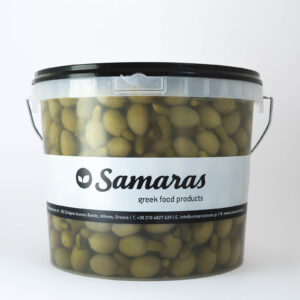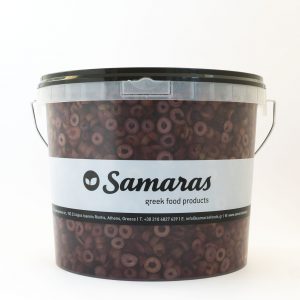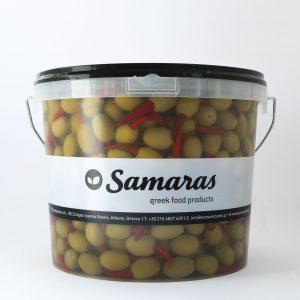
Tips for Preserving and Reducing the Saltiness of Olives

Olives are a delicious fruit that has been enjoyed by people for centuries. These fruits are naturally bitter and inedible when picked from the tree. To make them edible, they need to be cured, which involves soaking them in a brine solution made of water, salt, and sometimes vinegar or lemon juice. The salt in the brine solution helps to remove the bitterness from the olives and preserve them for long-term storage. Without salt, the olives would spoil quickly and be inedible.
There are several methods of preserving olives, including traditional methods and modern techniques. Traditional methods include dry salt curing, water curing, and brine curing. Dry salt curing involves packing the olives in salt for several weeks, which draws out the bitterness and preserves them. Water curing involves soaking the olives in water for several weeks, changing the water every day. Brine curing is the most common method used today and involves soaking the olives in a brine solution for several weeks.
The salinity in the brine of Kalamon and Halkidikis olives in buckets is between 6-8%. This brine preserves the products for up to two years.
After purchasing olives, they may be too salty for some people’s taste. Fortunately, there are a few methods to make olives less salty. Soaking the olives in fresh water for several hours, changing the water every hour or so, is one method to remove some of the salt. Another method is to mix the olives with other ingredients, such as cheese or roasted vegetables, to dilute the salty taste. Additionally, rinsing olives under running water before eating can remove some of the excess salt.
We suggest to our customers, empty half of the brine from the bucket and add the same amount of water. This way they dilute the brine solution and achieve a lower salt concentration of 3-4%. This tip can help customers customize the saltiness of their olives to their liking.
Also, customers that buy olives in jars, can empty all of the brine and replace it with water, by doing that though they have to preserve the jar in the fridge.








